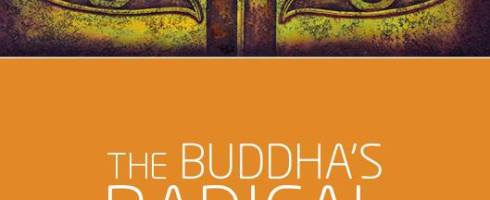A famous quote of Roman politician Lucius Annaeus Seneca (4Bc-65 AD) is ‘A sword never kills anybody; it is a tool in the killer’s hand.’ This quote simply states a simple truth of basic physics. An object at rest remains at rest until acted on by an outside force. A sword, sitting there, doing nothing, will not kill anyone. The same goes for guns or any other item that can cause death. None of them have any intent to cause harm, that is what the human adds to the equation. Only humans have intent, only humans can kill and the fact of the matter is they have been killing since pre-historical times and it is naive to think they will automatically stop for no particular reason. The inanimate objects are merely tools in the hands of a killer. As long as people have ignorance and unwholesome thoughts and intentions, and succumb to them, they will use tools to kill others. So since society cannot nor should constantly monitor the state of mind or intentions of its citizens (Brave New World), the most potent and catastrophic tools for killing ( i.e. assault weapons/bombs/etc.) must be restricted for the government to maintain a stable and safe society for its citizens.
![6812954-sword-pictures[1]](https://rodgericketts.files.wordpress.com/2016/06/6812954-sword-pictures1.jpg?w=490)
